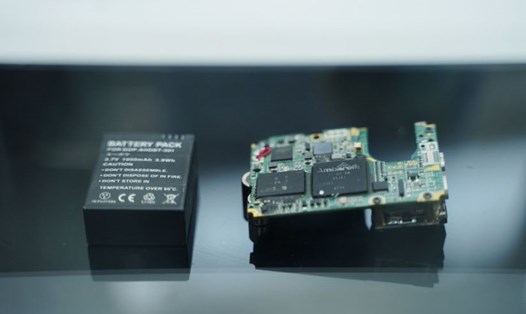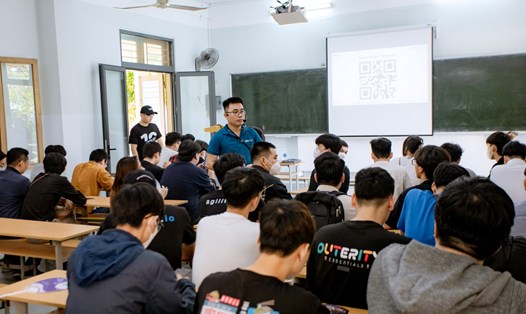The article points out that in March this year, the Vietnamese Government officially approved the country's first wafer factory, with a total investment of VND12,800 billion (US$500 million). Expected to be completed before 2030. The project marks Vietnam's first serious step into the field of high-value and high-tech chip manufacturing. The factory represents a transition to a more complex and strategic semiconductor production phase, to support Vietnam's long-term vision of becoming a global semiconductor hub by 2050.
According to the author of the article, Vietnam is taking concrete steps to establish a reliable legal and institutional foundation for the ambition of developing the semiconductor sector. An important milestone occurred on June 27, when the National Assembly passed the Law on Science, Technology and Innovation. Expected to take effect from October 1, this law introduces Vietnam's first comprehensive legal framework on management and promotion of innovation, including provisions to directly support the semiconductor industry. In 2025 alone, the Ministry of Science and Technology has chaired the drafting of 9 major laws related to science, technology, innovation and digital transformation. This is an unprecedented number.
To promote Vietnam's role in the global semiconductor supply chain, Vietnam has also launched a series of targeted investment incentives such as preferential tax policies, ESG-compliant industrial parks, simplified land access and prioritized R&D activities.
At the same time, the government is also investing in human resources. Through partnerships with companies such as Synopsys and Cadence, chip design training programs are being implemented to develop a highly skilled domestic workforce.
The government's driving force for semiconductor development also includes significant improvements in domestic infrastructure. Investors such as Frasers Property, VSIP and DEEP C are building production-prepared industrial parks that meet global ESG and LEED standards.
To strengthen this momentum, Vietnam is also pursuing internal structural reforms to link governance with industrial demand, typically the synchronous development of the high-tech economic corridor in Bac Ninh.
Enhancing the value chain also requires strong partnerships and Vietnam has proactively pursued a multi-dingent strategy, seeking cooperation with many technology partners. Accordingly, the US is playing an important role in supporting Vietnam through policy coordination and labor force development programs. Japan is contributing expertise in smart manufacturing and semiconductor tools, while South Korea continues to expand its chip ecosystem in Vietnam, including through Samsung's R&D activities in Hanoi.
The Diplomat pointed out that Vietnam still has challenges, especially in terms of energy supply, skilled labor and consistency of long-term policies "but in the first half of 2025, Vietnam has proven that semiconductor ambition is not only at expectations. The Government has taken decisive action from policy making to implementation, promulgating new laws, enhancing the protection of intellectual property rights and offering targeted investment incentives".
At the end of the article, the prestigious US-based magazine emphasized that these efforts signal a profound shift showing that Vietnam is no longer just a country receiving technology or capital, but is making efforts to position itself as a partner committed to contributing and complying with international standards. For global investors and partners, this sends a message that Vietnam is not only ready to cooperate today but is also laying a strategic foundation to become an important semiconductor center of the world by 2050.








